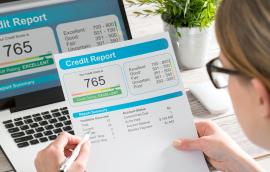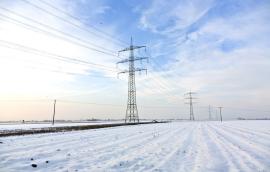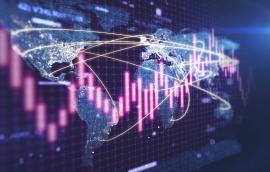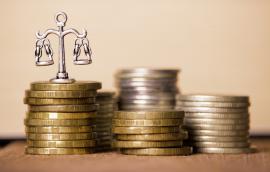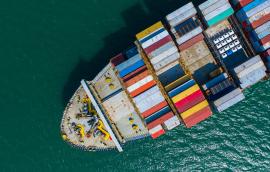The Curious Case of High Consumer Credit Scores
Why have consumer credit scores gone up during the pandemic? In this brief, public finance fellow Joyce Beebe discusses the disconnect between credit scores and other economic indicators, and the public policies behind the rising scores.
Joyce Beebe May 5, 2021
